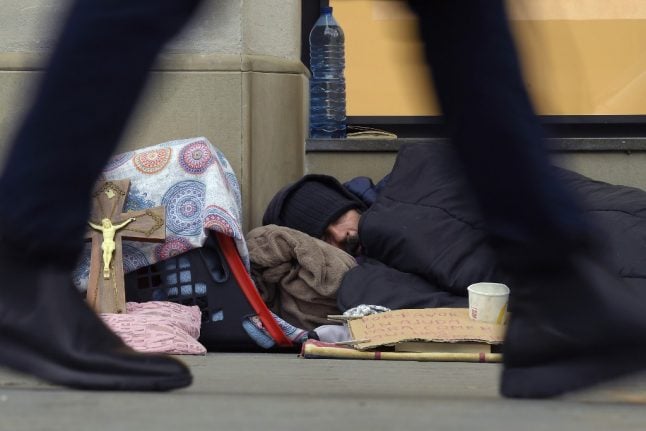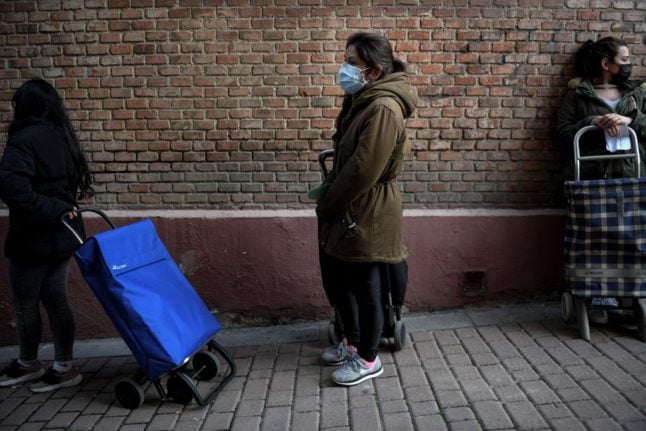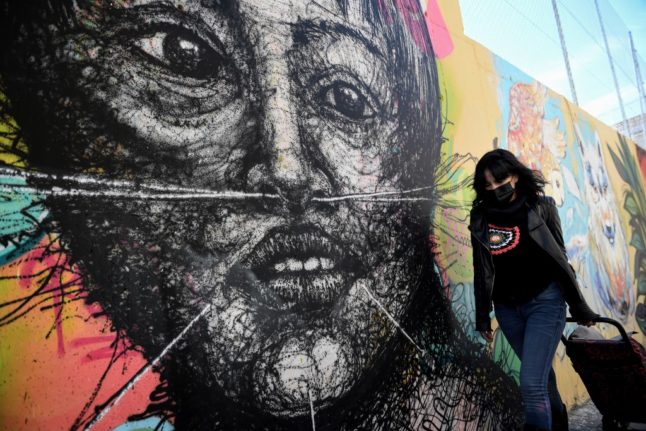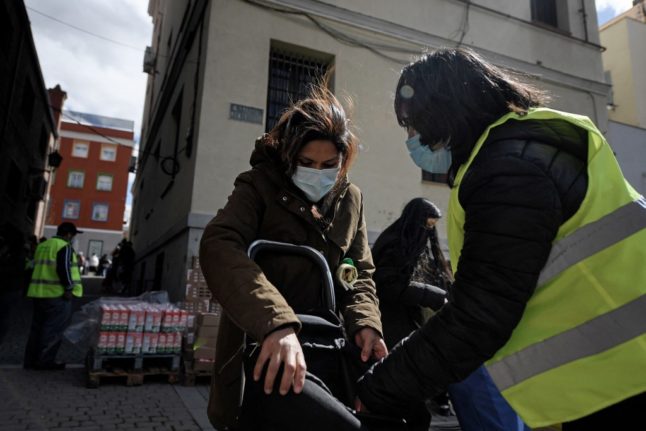Speaking at the end of a 12-day fact-finding mission, Special Rapporteur on extreme poverty and human rights Philip Alston said he had visited areas “many Spaniards would not recognise as part of their country”.
“Spain is utterly failing people in poverty whose situation now ranks among the worst in the EU,” Alston wrote in the report, pointing to “shockingly high” levels of inequality within the country.
But at the same time, he hailed Spain's new leftwing coalition government as the “bright spot”, and its firm commitment “to achieving social justice”.
READ MORE:
- A quarter of all families with children in Spain live in poverty
- Seven facts that show the dark reality of Spain's economic recovery
Speaking to reporters, Alston said he had met Roma people living on rubbish dumps, families fighting eviction or struggling with “the dilemma of heating or eating” and migrant workers living in “probably the worst conditions I've ever seen”.
“The levels of poverty that exist in Spain reflect a political choice that has been very clearly made over the past decade,” Alston told a news conference.
When the global property bubble burst in 2008, it sent shockwaves through the Spanish economy which fell into an almost five-year recession. It returned to growth in 2013 and since then its economic output has outpaced much of the rest of Europe.

But though Spain was thriving economically, the post-recession recovery had left many behind, the report found, pointing to deep widespread poverty, high unemployment, “a housing crisis of stunning proportions” and a completely inadequate social protection system.
Figures from the National Institute of Statistics (INE) show one in four people are at risk of poverty or social exclusion which, at 26.1 percent, is 5.0 percentage points above the average elsewhere in the European Union, while unemployment remains sky-high at 13.78 percent, more than double the EU average.
“The bottom line is that you get what you pay for: if the Spanish state is not investing in social protection, you get these types of statistics,” he said.
Socialist Prime Minister Pedro Sanchez's government faced “daunting challenges” but it was critical it prioritised certain issues: national minimum income, tax reform and the housing crisis.
“With its embrace of social rights and fiscal justice and prioritisation of the most vulnerable, the new government's message is a welcome one, but its actions must live up to that rhetoric,” he wrote in the report.
Alston's final report will be presented to the UN Human Rights Council in Geneva in June.





 Please whitelist us to continue reading.
Please whitelist us to continue reading.
Member comments